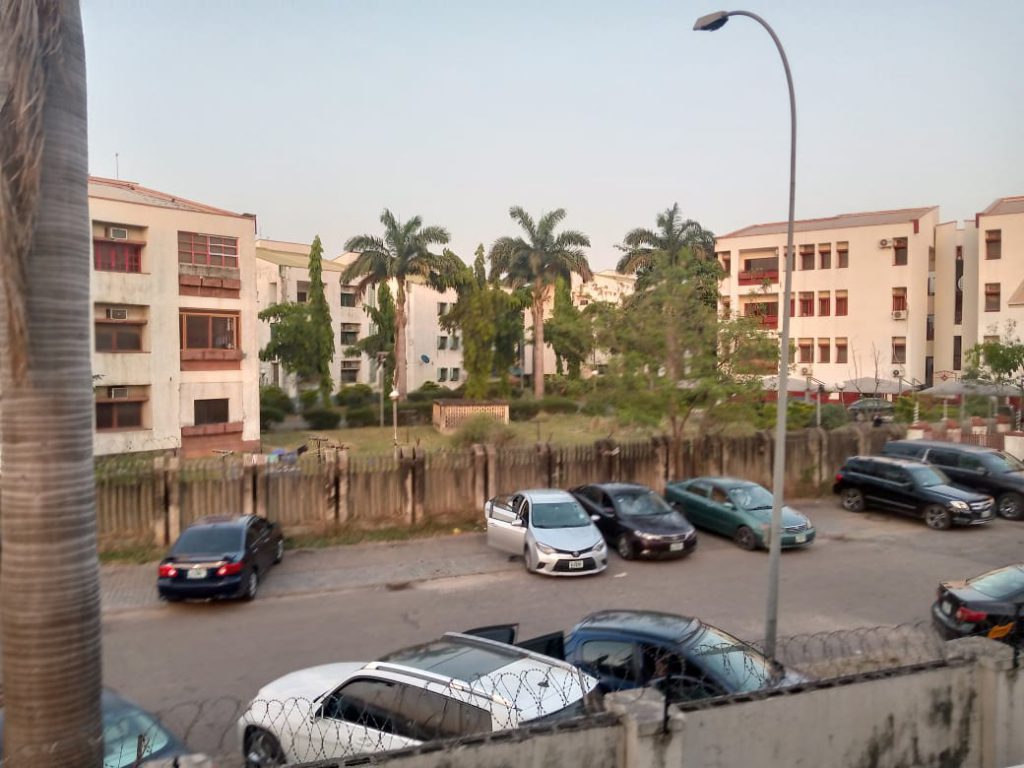Environmental scientists say Abuja estate developers are only interested in making money and do not care about biodiversity loss. They pointed out that their clearing of forests and vegetation for housing estates could lead to wildlife loss forever.
Environmentalists who spoke to MAWA Foundation say the Federal Capital Territory Administration (FCTA) and its Development Control, do not consider wildlife threats before allocating green areas to estate developers.
They disclosed that the estate developers after getting approval invade and destroy all biodiversity in a bid to erect buildings to be either sold or rented. An action they described as wicked and diabolical to the environment.
Mrs. Joy Oguche, an environmental activist, says the activities of estate developers are contributing hugely to biodiversity loss through other habitats being cut down. She expressed concern that with rapid urbanization and the huge rise in estate development in Abuja, biodiversity will be lost forever.
“I am worried because Abuja estate developers don’t care about biodiversity loss and wildlife casualties, this is wicked and diabolical to the environment, we must protect the environment”, Oguche said.
Mr. Jonhson Abu, an environmentalist, who spoke to MAWA Foundation in his Gwarimpa Abuja office, accused the Abuja Authority (FCTA) and the developers of destroying forests and contributing to huge biodiversity loss. According to Abu, Efab and Citec estates stretch about 1000 hectares of green vegetation, and forests were completely destroyed to give way for housing estates.
He, however, pointed out that there is a trend in Abuja where the remaining forests and vegetation that are not taken over by the estate developers, are turned into gardens and drinking joints, contributing to the permanent loss of biodiversity.
“In Abuja, vegetation and forests that have not been taken over by estate developers have been converted to gardens and drinking joints leading to permanent biodiversity loss,” Abu told MAWA.
“The estate housing developers don’t care about biodiversity loss, protecting the environment means nothing to them, their key focus is profit, and we must stop this trend” Abu added.
A senior official of the Abuja Environmental Protection Board, who spoke to MAWA but wants his identity concealed, says the AEPB Act of 1997 that established it, mandates it to preserve forest and wildlife in the ecology of the Federal Capital Territory. However, he said they have not been able to deliver on this mandate, pointing out they have only been active in chasing hawkers rather than doing the real job of protecting the environment.
“The AEBP Act mandates us to protect forests and wildlife in FCT, I am not happy, we have failed on that mandate, what you see us do is chase hawkers around rather than do the real job of protecting the environment,” the Senior official said.
Mr. Mike Agbua, an estate developer who spoke to MAWA Foundation says they do not consider biodiversity and wildlife loss when clearing lands for buildings. He, however, said it is unreasonable to put wildlife and biodiversity into consideration when building houses for homes. He questions if wildlife is more important than humans.
“What are you talking about, no estate developer puts biodiversity and wildlife into consideration in Abuja, when you acquire the land your duty is to clear everything and start erecting structures for clients,” Agbua said.
Miss. Alice Uloko, an environmentalist, who is not happy over the poor environmental protection, says even as this continues and wildlife is fast disappearing in Abuja, it is highly underreported by the media.
She, however, appealed to the media to help in environmental protection advocacies to save forests and wildlife in Abuja and other parts of Nigeria.
According to her, Nigeria is witnessing a huge loss in biodiversity and the disappearance of wildlife despite having environmental laws such as the Endangered Species (Control of International Trade and Traffic) Act (Cap E9 LFN 2004). A Legislation that makes provision for the conservation and management of wildlife and the protection of endangered species.
She appealed to the Abuja authority, Federal Government, and states to activate environmental laws and ensure the preservation and protection of forests and wildlife.

